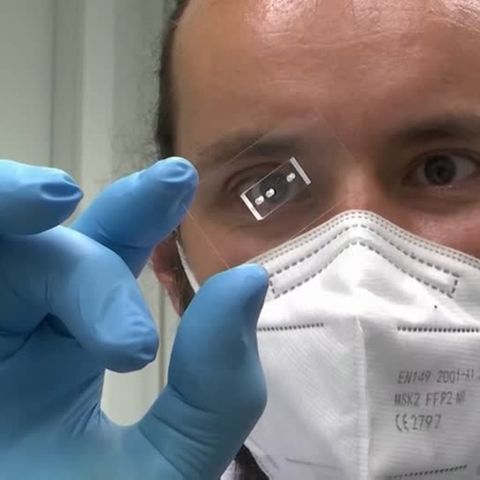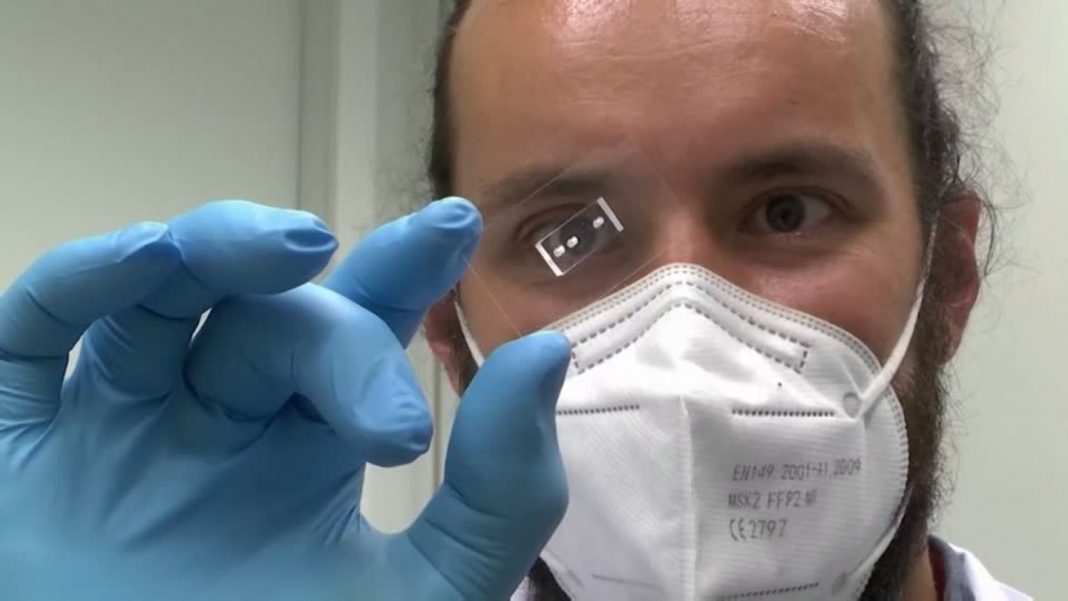
Those who have survived a Covid-19 disease sometimes complain of long-lasting symptoms, such as fatigue, shortness of breath or headache. Here you are on the trail of these long-term consequences of the disease. Scientists at the Max Planck Center for Physics and Medicine in Erlangen, Germany, have discovered that infection with the virus can permanently change the shape and elasticity of blood cells. Martin Kräter from the Max Planck Institute for the Science of Light reports. “So, what we noticed primarily, and that right after the first measurement, that especially in acute patients, the cells, the red blood cells are no longer characteristically deformed. Normally red blood cells stretch very long, they are mechanically very soft and fit very, very well through the finest blood capillaries. And with Covid sufferers, we have just discovered that a large proportion of these cells no longer have these deformation properties.”When the blood cells change in this way, oxygen is transported more unreliably and the human being becomes weaker in performance, this assumption is at least obvious. On the way to this realization, the scientists had to measure cells and use a new technology, the RT-DC developed by them. At high speed, blood cells are sent through a narrow channel. A camera records each cell and determines which cell types are present and how deformed. “With this new method, we are able to record up to a thousand cells per second and measure their mechanical properties for the first time. Compared to previous technologies that measured at a rate of about one hundred cells per hour, we’re 36,000 times faster.”And what conclusion could be drawn from this? Jochen Guck, Director and Scientific member at the Max Planck Institute for the Science of Light, sees it this way: “We can already see the potential, because we are providing new insights, to consider the mechanics and perhaps also the physical properties of the cells as a new therapeutic goal. That you try to develop drugs that maybe regulate the size or stiffness of cells so that they can do their job better again, for example in blood circulation.”It remains to be hoped that these findings will help people suffering from long Covid recover more quickly and better in the future.


